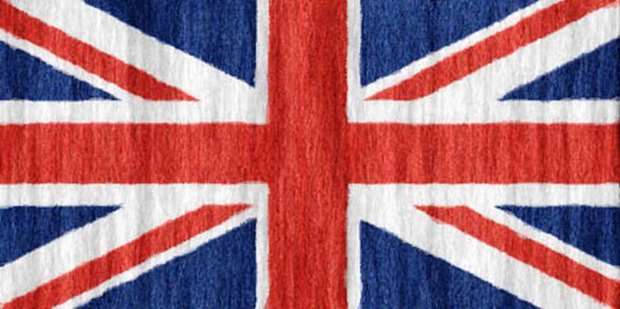Cabinet members held “an impassioned” discussion about the importance of time-limiting any Brexit backstop arrangements agreed with the European Union as part of the divorce negotiations.
No 10 denied any row had taken place at the meeting, although ministers told Theresa May she had to ensure that any backstop arrangements designed to avoid a hard border between Northern Ireland and the Republic of Ireland were not indefinite.
Ministers also exchanged views about how any mechanism to ensure the UK can quit the backstop could be constructed, in a discussion in which several ministers weighed in on the issue at the heart of British concerns about the Brexit talks.
A string of ministers have voiced concern about the importance of time-limiting the backstop in behind-the-scenes meetings, including the Work and Pensions Secretary, Esther McVey, and the leader of the Commons, Andrea Leadsom.
Officials are putting together a proposal on how the exit mechanism could work for Brussels to consider, although concerns have been repeatedly raised in Brussels and Dublin that a backstop that was not indefinite would not amount to an adequate border insurance policy.
The state of the Brexit negotiations was discussed at a longer-than-normal Cabinet yesterday morning, at which ministers were also promised weekly updates on Brexit planning.
A backstop is deemed necessary to prevent a hard border re-emerging in case the UK and EU are not able to conclude a free trade deal. The UK is proposing that the whole country would remain in a “temporary customs arrangement” after the transition period ends in 2021.
The EU is evaluating whether it could be an acceptable alternative to the Northern Ireland-only backstop that it has proposed, under which the region would remain in the customs union and single market, but which May has repeatedly denounced as unacceptable.
May also told colleagues that Donald Tusk, the president of the EU council, had advised her, that the other members of the union stood ready to hold an emergency summit to finalise a Brexit deal if officials were able to reach an agreement in principle.
Meanwhile, the premier’s spokesman said May will face her Conservative Party lawmakers in a private meeting in parliament today as she seeks to calm growing tensions over her Brexit strategy.
May will make a rare appearance at a meeting of the party’s so-called “1922 Committee” of backbenchers in parliament, where she can expect a rowdy crowd and difficult questions. How she goes down with restive Conservative lawmakers, some of whom would like to topple her, will be closely watched.
The Sunday newspapers were full of anonymous attacks on her, the violent nature of which have since been condemned by even her harshest critics. One said May was entering “the killing zone”, while another said May should “bring her own noose” to the 1922 committee meeting.
A vote of no-confidence in May would be triggered if 48 Conservative lawmakers submit letters to the chairman of the 1922 committee to demand such a vote. The Sunday Times said 46 had now been sent, but Reuters could not verify that number.
Earlier May has hit out at Tory MPs who anonymously referred to her being knifed to death or hanged.
The prime minister said everyone in public life needed to set an example with the language they used, as figures from across the party called for those responsible to be expelled.
At the weekend, a former minister was quoted in The Sunday Times as saying: “The moment is coming when the knife gets heated, stuck in her front and twisted. She’ll be dead soon.”
In the Commons yesterday, May said: “I think it is incumbent on all of us in public life to be careful about the language we use. There are passionate beliefs and passionate views that are held on this subject and other subjects but whatever the subject is we should all be careful about our language.”

GULF TIMES
